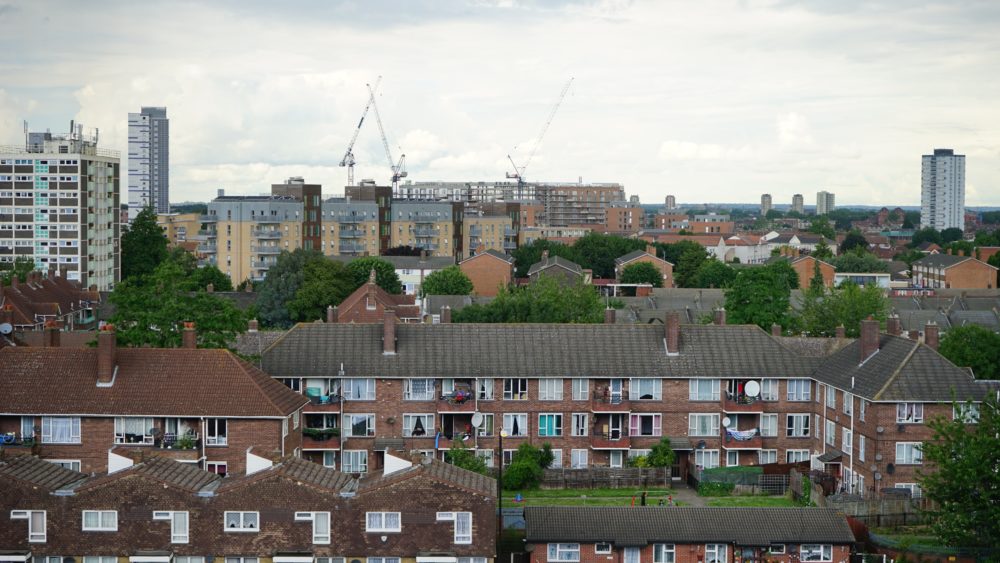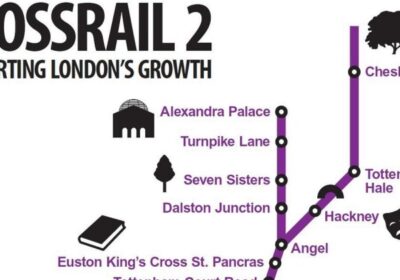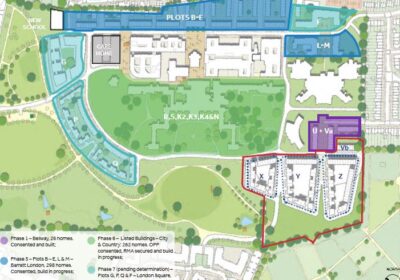“Buy land, they’re not making it anymore,” Mark Twain once opined. A piece of free advice which still holds true to this day. The problem of land supply bedevils almost all major cities in the world.
According to research by economists Katharina Knoll and Thomas Steger, rising land values are the driver for first world city house prices. They estimate it contributes a whopping 80% to value growth. Take a highly rationed, rules-based system such as UK town planning and then add a generous helping of demographic pressure. The result is an inflationary rocket booster to the land market.
The consequences further down the chain are house prices to earnings ratios off the scale. In London, the ratio is over 13 times and Cambridge it is over 14. When you consider your average high-street mortgage stretches to 4.5 times earnings you begin to realise how sizeable the leap into homeownership has become.
So how can we get more land into the system? The traditional responses are to get tough on greedy developers considered to be land banking or to criticise the town planning departments for being slow at processing applications.
The misconceptions here are that developers or planning authorities are the principle problems. Not always true. Developers and planners are essentially processers of land, not normally large landowners in their own right. They sit between the UK estate and the consumer and try and bring forward what the market requires. This was highlighted by Oliver Letwin’s recent review into housing supply.
When land is highly rationed, developers experience the same cost pressures as consumers, just earlier in the chain. They of course attempt to pass on these costs as much as possible through higher values to buyers. This creates the affordable squeeze. So, if there was more land available to supply the processors than this may go some way to addressing affordability.
Time for a re-think?
If you accept the argument the UK estate is where the power lies, then we need to become more creative as to how we influence the estate. This is where a form of land value tax has merit.
Rather than taxing property, which is currently what happens through council tax and business rates, a land value tax shifts or alters the burden to taxing the land itself i.e. what’s under the building not what’s on top. It means owners of vacant or underutilised plots in areas of high demand face a levy which is the same as their adjacent neighbours who might have perhaps utilised their plot’s density to an optimal level.
The problem currently is land value capture is done too late. It appears through a myriad of mechanisms such as CiL, Section 106 contributions and affordable housing requirements. These fall primarily on the developer, not the land owner. The key point here is that if the land owner doesn’t like an adjustment in land value as a consequence of say a more stringent affordable housing target they have the option of waiting until policy changes. This restricts the supply of available land at any given time.
So land value tax has a merit. It penalises those who sit and wait when society desperately needs land being utilised to its maximum potential in areas of high demand. This is why it’s now getting mainstream political attention from the Labour Party.
There are of course lots of thorny issues. How do you value land transparently and efficiently whilst avoiding mis-pricing? Is there a danger that you end up taxing the asset rich and cash poor – a historically politically toxic move. Finally, how do we avoid Governments getting too greedy and taxing both land and property. There clearly needs to be a balance, not just an additional tax to fill the Treasury’s coffers.
Currently, the UK Government’s answer is to push planning authorities harder to consent more and to give developers a tough time about unit delivery. It’s all a big squeeze, but it’s the wrong squeeze in the wrong place. That’s where land value tax has merit. If Milton Friedman, the famous economist, concluded it was “the least bad tax” in existence then surely it’s time for a reboot.






